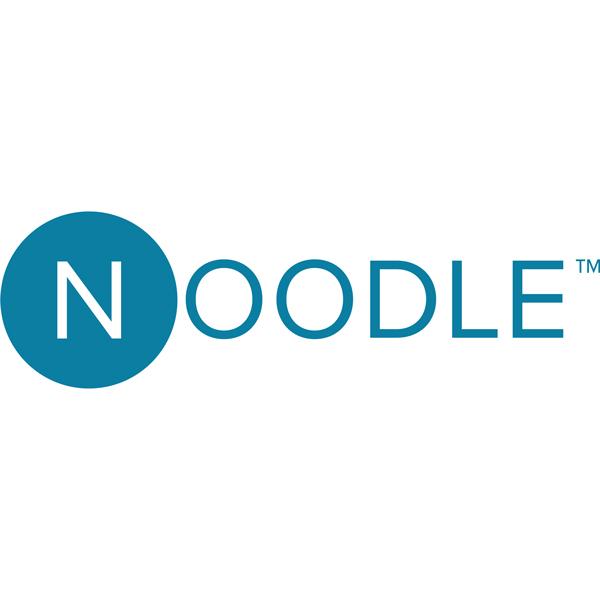
Online programmes make in-roads into education deserts
Many students in the US reside in areas that lack access to higher education opportunities, known as education deserts. Bridging the accessibility gap in such areas is essential if institutions are to bring equal opportunities to all learners. Recent advancements in online and asynchronous learning have emerged as a potential solution to the issue of inaccessibility in higher education.
Online courses allow universities to increase the diversity of their student population and reach underrepresented groups, says Laurie Cochenour, executive director of the Office of Online Learning at the University of Pittsburgh’s School of Health and Rehabilitation Sciences.
Both universities and communities are impacted by the existence of education deserts, said the participants in a Times Higher Education webinar, held in collaboration with leading education technology provider Noodle. Greater student diversity enriches the academic discourse while empowering people to study where they live and apply their skills locally, the panel remarked.
For example, in fields such as healthcare, “patients want to see caregivers who look like them, understand where they come from and who know their community”, Cochenour explained. The University of Pittsburgh has partnered with Noodle to offer several online programmes with clinical placements, including a physician assistant studies programme and a doctorate in physical therapy.
“If we can go into those communities and train professionals, we feel that we will be improving not just physical therapy or occupational therapy, but general health outcomes altogether,” Cochenour said.
The Virginia Commonwealth University’s School of Social Work partnered with Noodle to expand its master’s degree in social work, which also has placement opportunities. Stevara Haley Clark, interim associate dean for academic and student affairs and director of online education at Virginia Commonwealth University, said the institution is now able to provide opportunities for people in parts of Virginia outside of Richmond to become professionals and impact their local communities. Talking about expanding reach through online programmes, Clark said, “our online students are typically more diverse in terms of their age, their ethnic and racial backgrounds, and also in the diversity of thought”.
Such diversity comes with unique opportunities. “We need to understand the needs of those students we are now working with – their circumstances, their experiences – so that we ensure we are providing the right support,” said Julie Leventhal, senior managing director for student support and engagement at Noodle.
Universities need to make sure that they foster a sense of community among students, even if they are not on campus, said Cochenour. “We need to create opportunities for students to come together and realise that they are not alone in their regions,” she added. “Most universities are designed for residential students and there are a lot of little ways in which obstacles have been created for online learners. What we’ve been doing over the last five years is identifying what those obstacles are and how we can overcome them for our students.”
The panel agreed that even high-quality online learning programmes may present different student experiences compared to in-person programmes. “The experience for students should be no different, but it may look different. Students need to be prepared for that,” said Kathy Wasilewski, vice-president for university engagement and field placement at Noodle.
“Typically, residential programmes have networks where students are engaging in a clinical or field placement experience with existing partnerships. But when you expand that and open it up across education deserts or across states, that network has to get bigger – and that might involve us engaging in a different way,” concluded Wasilewski.
The panel:
- Laurie Cochenour, executive director of online learning, Office of Online Learning, University of Pittsburgh School of Health and Rehabilitation Sciences
- Stevara Haley Clark, interim associate dean for academic and student affairs, director of online education and associate professor in teaching, School of Social Work, Virginia Commonwealth University
- Alistair Lawrence, head of branded content, Times Higher Education (chair)
- Julie Leventhal, senior managing director, student support and engagement, Noodle
- Kathy Wasilewski, vice-president of university engagement and field placement, Noodle
Watch the webinar on demand above or on the THE Connect YouTube channel.
Find out more about Noodle.

